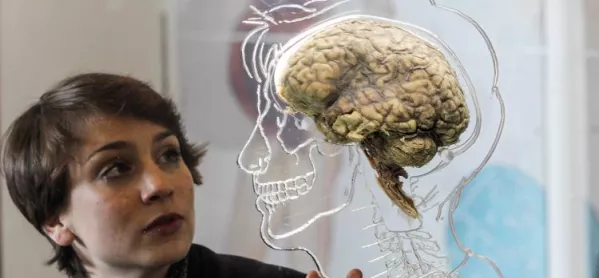Teachers should be wary of using neuroscience to inform their teaching as there are no genuine links that can be made between it and education, an academic has warned.
Bruce Hood, professor of developmental psychology at the University of Bristol, said scientists are
just beginning to understand the brain, and nothing can be said yet about how this research should impact on education.
Speaking at the Girls’ Schools Association (GSA) annual conference in Manchester today, he said: “There is no one discovery from brain science that changes the way education works.”
He added: “There has been a real explosion of interest in neuroscience. There has also been a corresponding increase of
neuro-nonsense, neuro-myths or neuro-bollocks.
‘Neuroscience nonsense’
“They are using this to propagate all sorts of practices which I think are potentially dangerous.
“The link between education and neuroscience is a bridge too far and a dangerous bridge.”
Speaking to delegates at the conference today, he asked: “What can neuroscience tell us as educationalists? And I have to say, hand on my heart - nothing.
“We don’t really know anything yet,” he said - pointing out that we are still just beginning to understand how the brain works. Neuroscience, he added, can’t say anything with “any meaningfulness to something as complex as education”.
He added: “Teachers want to improve but they are being fed a diet of misconceptions and neuroscience nonsense.”
Want to keep up with the latest education news and opinion? Follow Tes on Twitter and Instagram, and like Tes on Facebook




